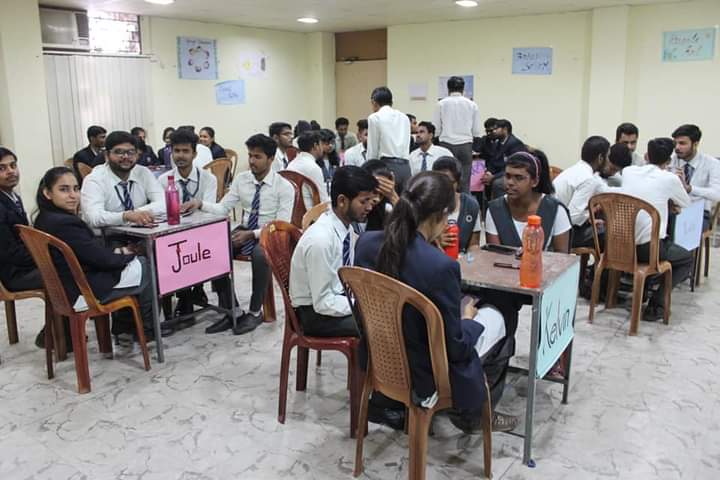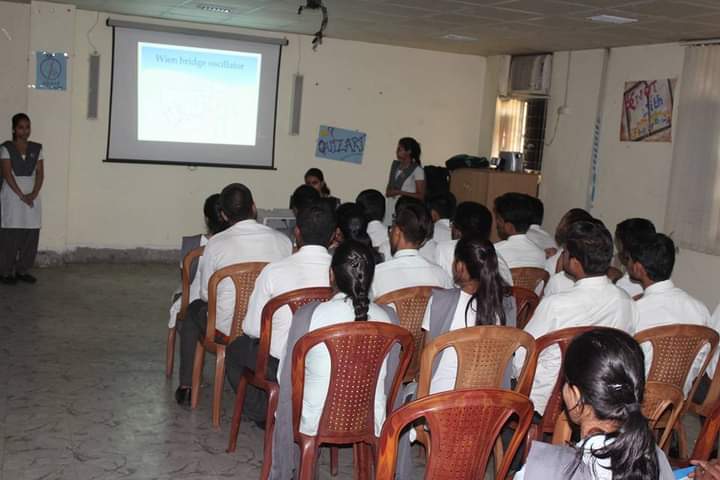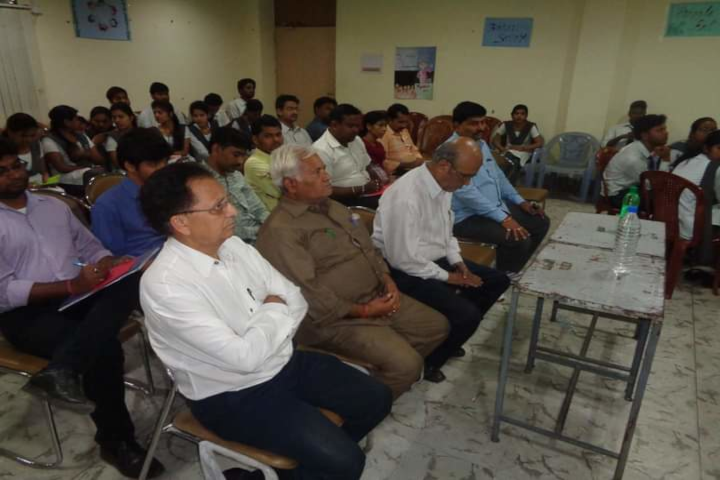- Analog & Digital Electronics Lab
- Communication Lab
- Antenna & Microwave Lab
- DSP / VLSI Lab
- Seminar Hall
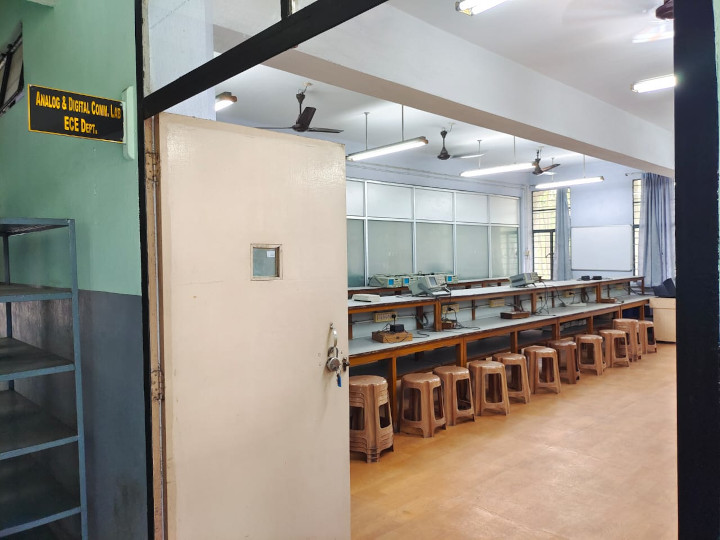
The goal of this laboratory is to connect the theoretical principles of various analogue and digital electronics circuits with actual feasibility by providing students with a deeper understanding of analogue and digital circuits. This lab is for novices who want to learn the foundations of analogue and digital circuits.
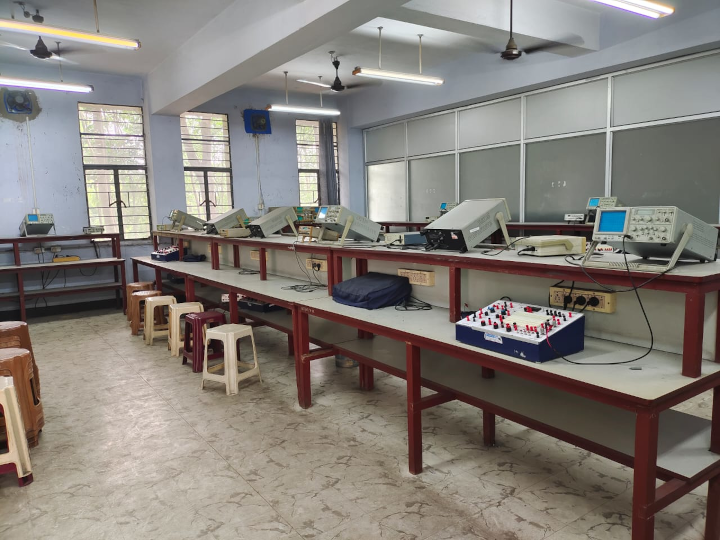
Students can build their own circuits in the lab, which is well-stocked with analogue and digital electronic components. Analog and digital trainer kits are also available in the lab to aid in the verification of the results gained through the fabrication of circuits. Analog Electronics as the name suggests deals mainly with Analog signals. Analog electronic circuit design is one of the important and challenging fields in Electronics.
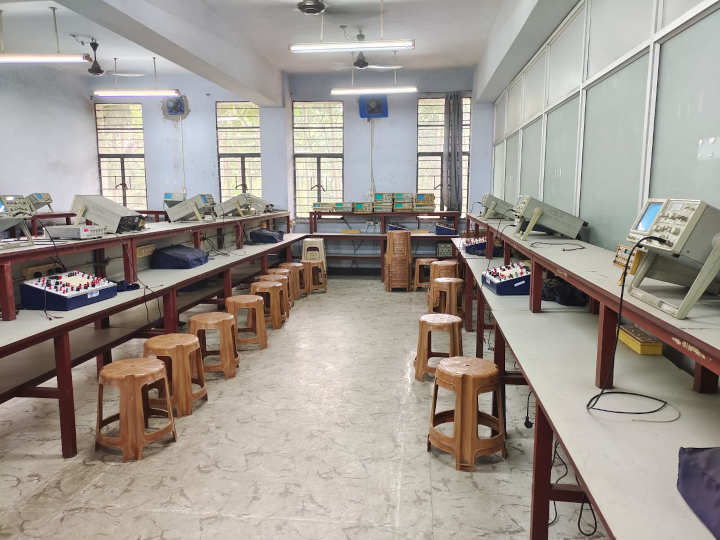
The area of analog electronics is one of the vast and complex areas in VLSI circuits design. A signal which is having different values at different instants of time is referred to as an analog signal. Analog electronic circuits can be designed and tested for their performance using the tools like PSPICE, Cadence, etc.. Many analog circuits are available in the form of IC chips.
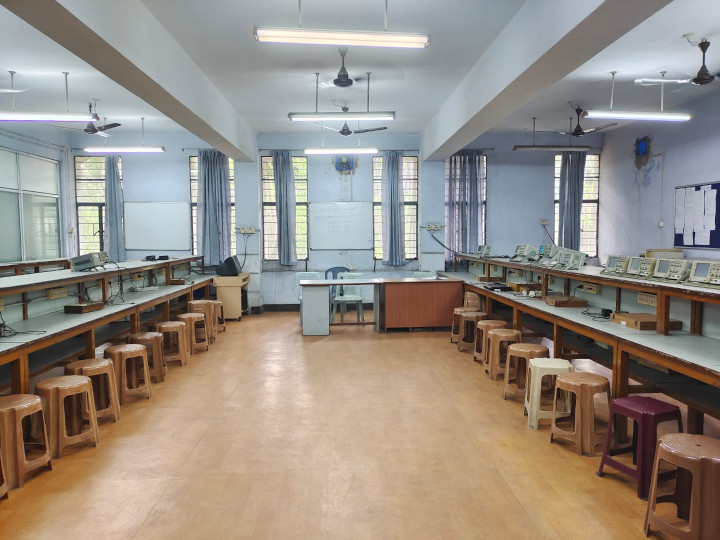
Our students are taught how to build analogue and digital modulation circuits in this laboratory. Using available hardware, the basics of all types of modulation and demodulation, as well as modern communication techniques, are shown.
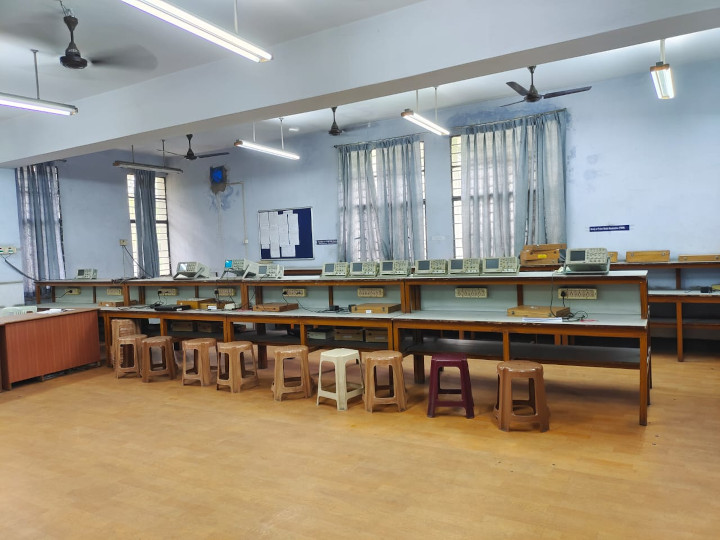
This course provides students with in-depth knowledge of digital communication systems on a practical level, allowing them to comprehend the communication system's logical, analytical, and mathematical foundation. The goal of this lab is to learn the fundamentals of signal flow in a digital communication system.
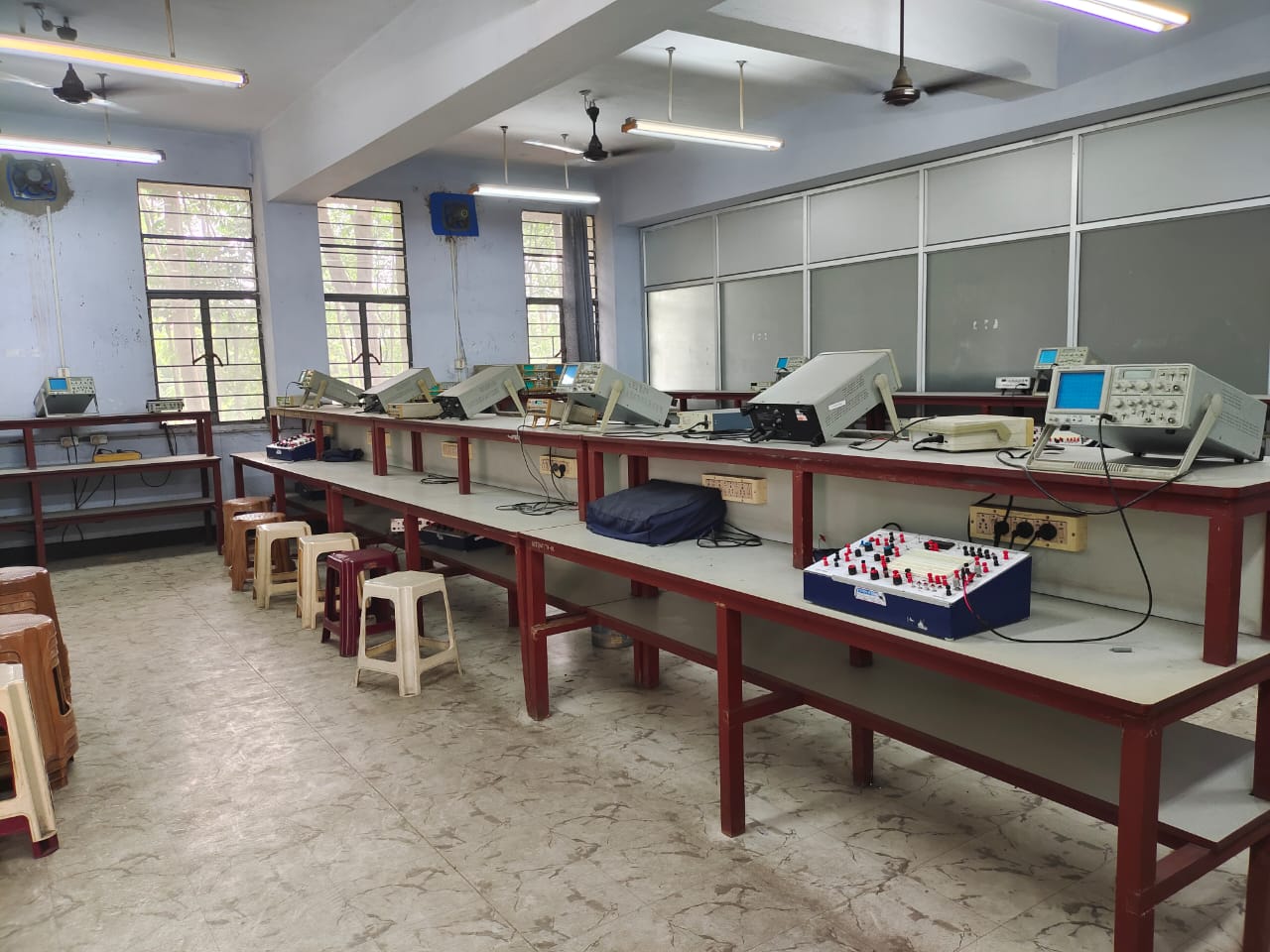
TDM, pulse modulations, digital modulation techniques, sampling and reconstruction, source coding techniques, error-control coding techniques, and the error performance of a digital communication system in the face of noise and other interferences are all thoroughly examined.
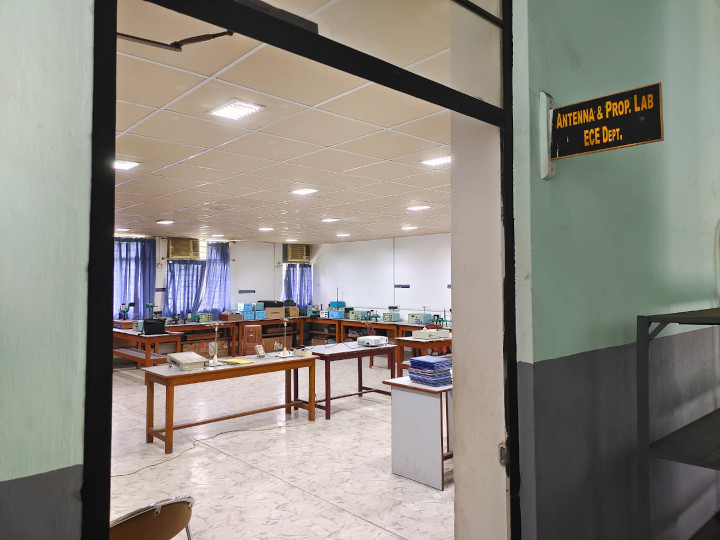
This course introduces students to the topic of antennas, including terminology, basic principles, mathematical analysis, and design guidelines. Antenna fundamentals, analysis and design principles, and a survey of antenna types including: arrays, wire antennas, broadband antennas, and aperture antennas.
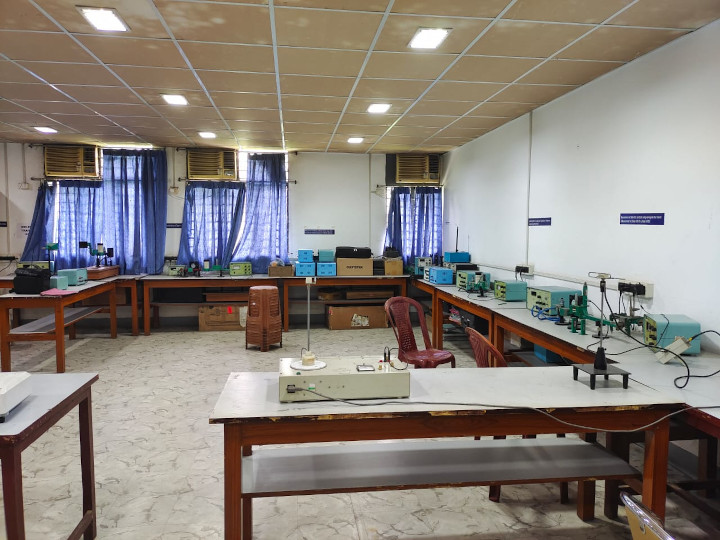
This course will provide students with a strong background in microwave and RF engineering enabling them to contribute to research and development for the emerging high speed and wireless information infrastructure. Examples of the microwave parameters of interest include impedance, wavelength, power, standing-wave ratio, scattering parameters, and antenna radiation patterns.
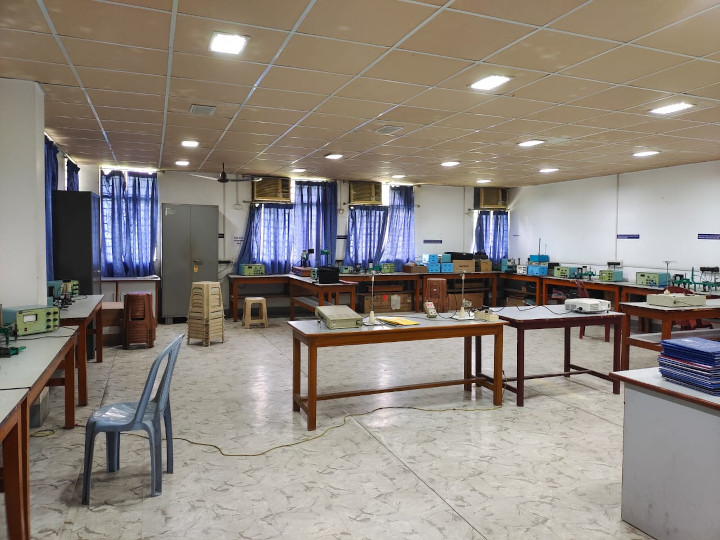
Intermediate and advanced Electromagnetics and Microwave Engineering courses are supported by the Microwave Lab. Students practise using transmission lines, antennas, and microwave circuit components. The microwave laboratories provide students with the required hardware and software for RF and Microwave Engineering instruction.
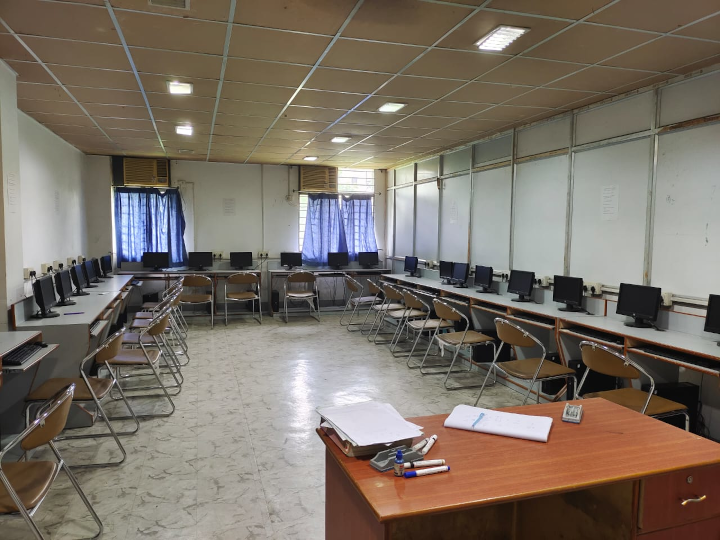
Digital Signal Processing Lab is used by UG students in core and elective course on Digital Signal Processor. Our laboratory presents an opportunity for students to check out their signal processing algorithms, from students' laboratory experiments to high-level research topics, in real situations.
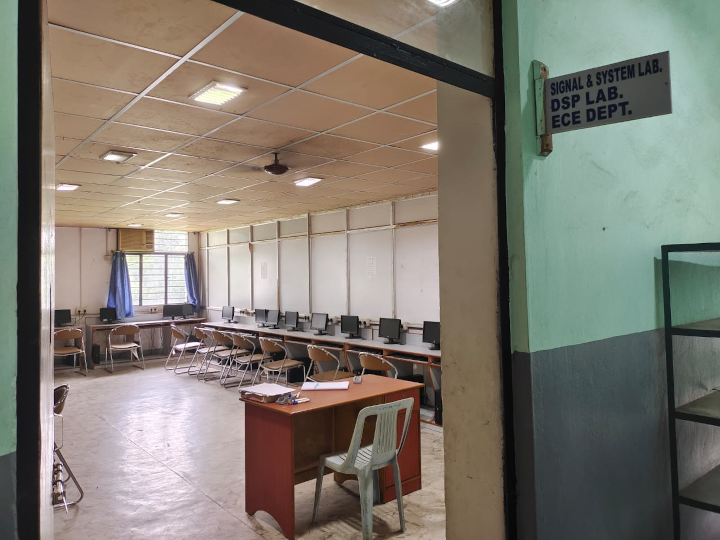
The lab is well equipped with 31 number of high performance computers.This Laboratory is well equipped for challenging analog, digital and mixed signal IC design and validation. The lab also has a very rich wealth of state-of-art servers, systems and tools for design and testing which includes Hardware Facilities, EDA tools, Software and Library.
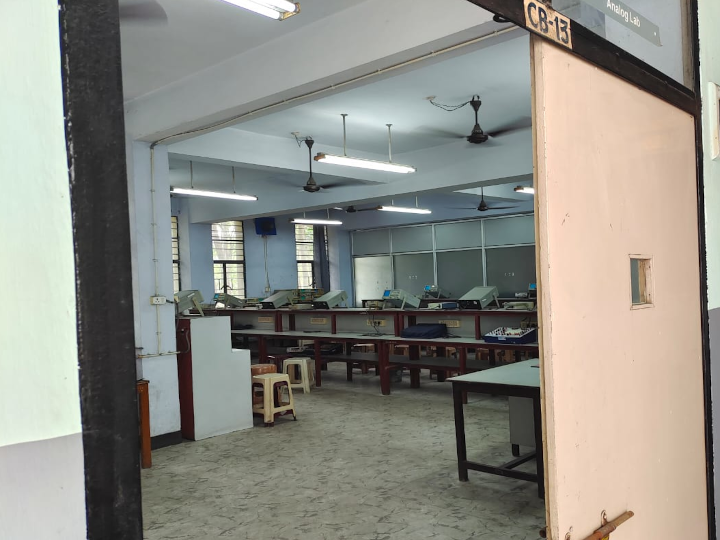
While retaining the salient features of Microelectronics & VLSI stream, the courses includes lecture and laboratory based courses specially designed to cater to the needs of the industry both in the core subjects and through electives. In laboratory sessions, students are trained to design system level project to physical layout of ICs through available tools and hardware in the laboratory
